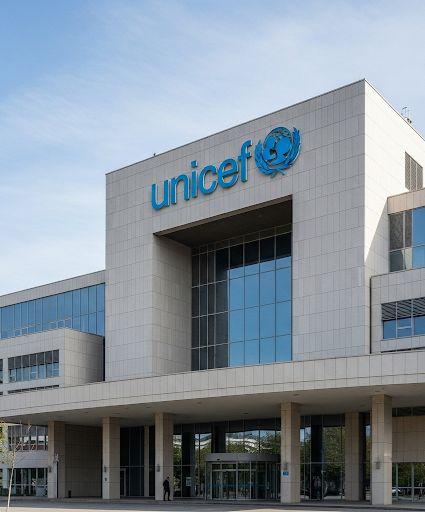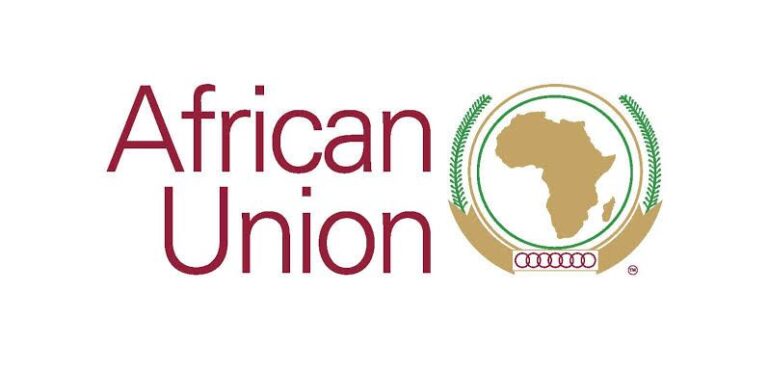A recent report from the United Nations Children’s Fund (UNICEF) indicates that 3.5 million children in Nigeria are suffering from severe acute malnutrition, with 400,000 of these children at risk of preventable deaths within the next month and eight days if urgent action is not taken.
The west African Nation has the highest population in Africa and the 6th largest in the world; with over 220million people – according to world bank.
This alarming statistic was highlighted by Judith Leveille, UNICEF Nigeria’s Chief of Field Operations and Emergencies, during a press briefing in Abuja the state capital. The dire situation is particularly acute in the North-East and North-West regions of Nigeria, where admissions for severe acute malnutrition have “surged by up to 40% in the Northeast and 73% in some cities.”
A critical concern raised by UNICEF is the potential stockout of essential nutrition commodities, particularly Ready-to-Use Therapeutic Food (RUTF), which is vital for treating severe acute malnutrition. A stockout is anticipated by September 1st, leaving a narrow window to curb the escalation.

UNICEF emphasizes that more can be done to ensure all severely acutely malnourished children receive the treatment they need.
The agency points out that the mortality rates for these children range from 3.7% to 7.7%, representing a significant loss of potential future leaders, scientists, and contributors to Nigerian society.

However, the report also underscores the broader malnutrition crisis in Nigeria, which has the second-highest burden of stunted children globally, with 32% of children under five affected.
While progress has been made in reducing severe child food poverty in Nigeria (from 45% in 2012 to 32% in 2022), much more is needed to ensure every child has access to a diverse and nutritious diet. Malnutrition is identified as a direct or underlying cause of 45% of all deaths of children under five in Nigeria. Factors contributing to this crisis include poverty, climate change, lack of access to food, and security issues. UNICEF continues to call for coordinated action from the government and international partners to address this critical public health emergency.












